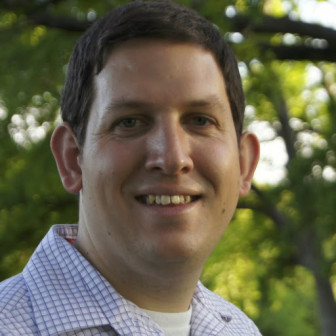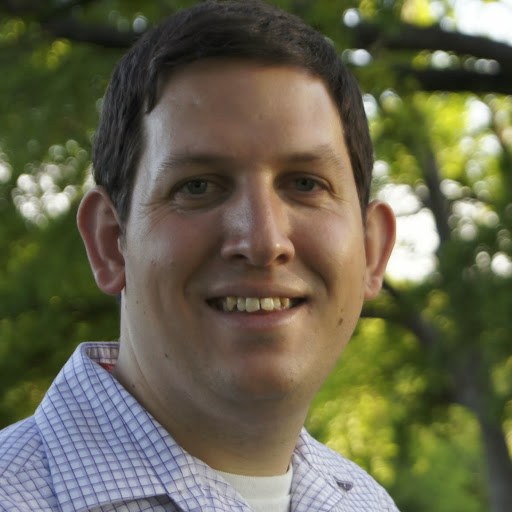 The first time I was called a sex offender, I was 13. These words meant nothing to me. The only context I had for them was the old man down the street who parents whispered about, saying he was a sex offender.
The first time I was called a sex offender, I was 13. These words meant nothing to me. The only context I had for them was the old man down the street who parents whispered about, saying he was a sex offender.
In fact thinking back, the term had always been applied to old men. So the words hit me with very little meaning. I would later learn that this label was how society would define me for the rest of my life.
“Are you Chester’s mom?” were the first words my mother and I heard from the chief of probation after I had spent my first weekend in a detention center. His reference was to a comic strip, “Chester the Molester.” He went on to say it would have been better for me if I had killed my sister.
The truth is that if I had, I more than likely would have been tried as a juvenile. I would have been given a lengthy sentence, and the day I walked out of prison would have been the day I could put my past behind me. But I didn’t kill her. I touched her, sexually, which should not have happened, but did.
Three and a half years in Texas juvenile prisons and four years after that on parole, intensive and abusive sex offender “treatment.” While none of those things should be done to a child or adolescent, by far the worst penalty I experienced was being placed on the Texas Sex Offender Registry. I would not realize the life-changing consequences of being registered until I grew up and had children of my own.
Sex offender hysteria in the 1990s, with rare and sensationalized cases like Megan Kanka’s, created a panic where people demanded resolution to child sexual abuse. Megan’s Law started in New Jersey and then spread throughout the country, ushering in required sex offender registration and invasive public notification requirements. These policies were quickly passed into law on the emotional argument of “if it protects one child.” No research was done regarding the effectiveness of enacting and enforcing such intensive and costly laws.
These laws were designed to protect all children; however the law created an endless net of collateral consequences for children labeled sex offenders, while doing nothing to curb child sexual abuse. States adopted public registration policies that included juvenile adjudications. In fact, many states have no minimum age for labeling children as sex offenders.
Unlike kids who commit a general offense, those who commit sexual offenses are not afforded any of the protections usually given to juveniles. At age 26, I called the judge’s office and said I had a juvenile case that was causing tremendous problems in my adult life. At first the court administrator did not believe me and said, “There’s no way a juvenile record is affecting you in adulthood.”
I described to her my evictions, trouble finding and keeping employment, often struggling to even put food on the table. Within a month, the judge put in an order to remove me from the public registry. I was fortunate. Most who are registered, as youths are not given the opportunity to have their names removed from the public registry.
Speaking from personal experience, I can say that once my juvenile record was public, there was no way to restore privacy protections. Even though I was removed from the public registry, my information was still readily available on for-profit websites. In this day and age, once online, always online.
When so many questions surround the efficacy of sex offender laws, I can emphatically say from my experiences that the damage is too great to continue applying registration requirements and public notification to children.
We should not be labeling people under the age of 18 as sex offenders. Common-sense policies that maintain the standard of privacy concerning juveniles should be applicable to all offenses. As it stands today, the registry harms far more children than it protects.
Josh Gravens is a Soros Justice Advocacy Fellow.

The Vi – Salus is not in the run ofpublicity like the other health products that excites the people and ready togo, but that die away in few weeks because they are physically very difficult tokeep up.
If you want to build a considerable business,
you’ll have to be able to come up with constant leads.
It helps increase immunity to aid in fighting colds.
The registries harm too many people and save no one. If one person is harmed by the registries, they need to go. They need to go for everyone. They need to go NOW!
If, in the course of reading this, you don’t become infuriated at the way we have criminalized children and teens then you should seek medical attention to determine if you were born without a heart or brain.
Most youth behavior that is categorized as a sex crime is activity that mental health professionals do not deem as predatory. (JUSTICE POLICY INSTITUTE, P23)
Google this: 2013 LAW REVIEW
AGAINST JUVENILE SEX OFFENDER REGISTRATION
CATHERINE L. CARPENTER*
ABSTRACT
Imagine if you were held accountable the rest of your life for something you did as a child?
This is the Child Scarlet Letter in force: kids who commit criminal sexual acts and who pay the price with the burdens and stigma of sex offender registration and community notification. And in a game of “how low can you go?,” states have forced children as young as nine and ten years old onto state sex offender registries, some with registration requirements that extend the rest of their lives.
There are many studies that advise against the life-altering actions directed at those like this individual whose brains are not fully developed therefore, intervention and teaching is a better choice where there is a need for action.
Vicki Henry, Women Against Registry dot com